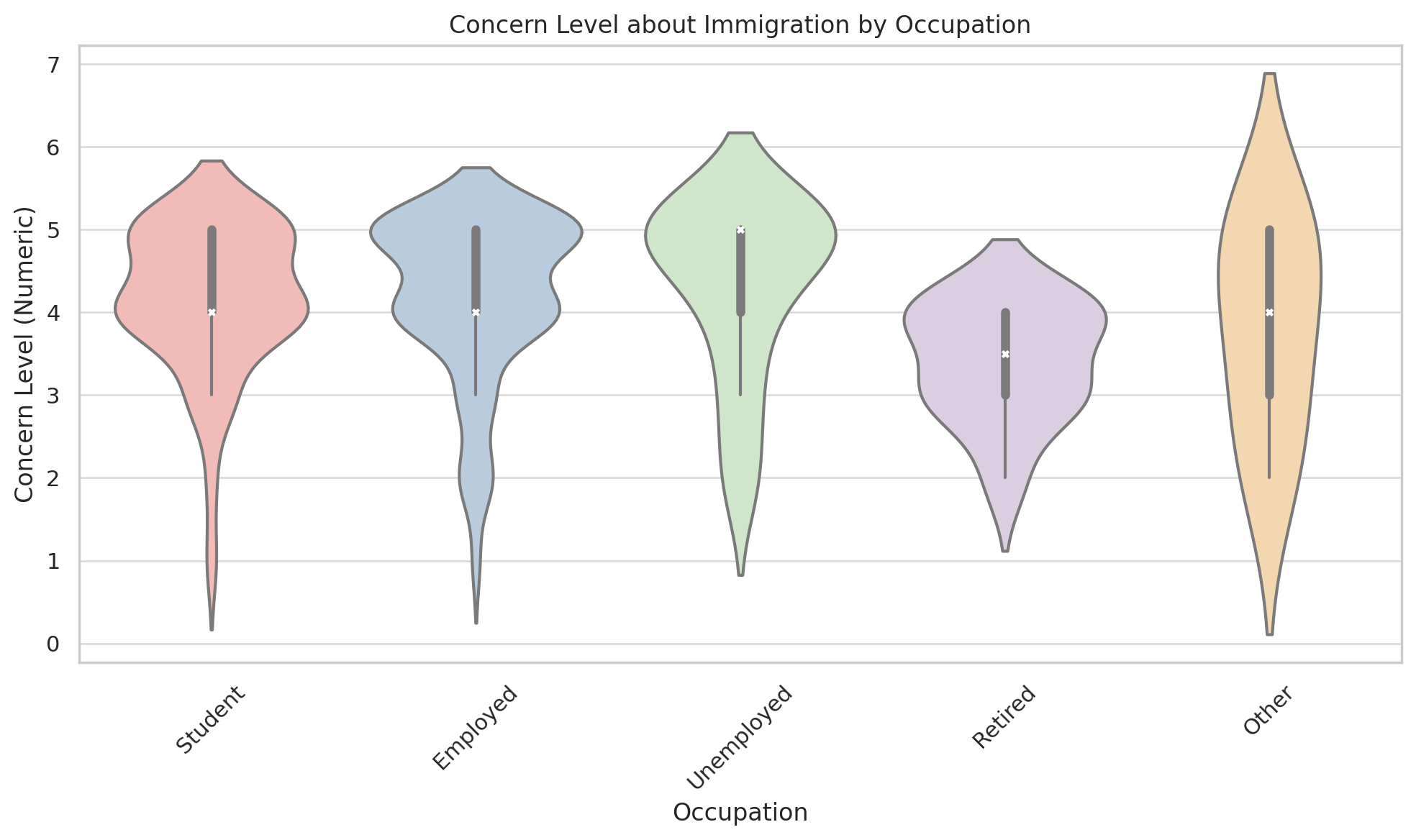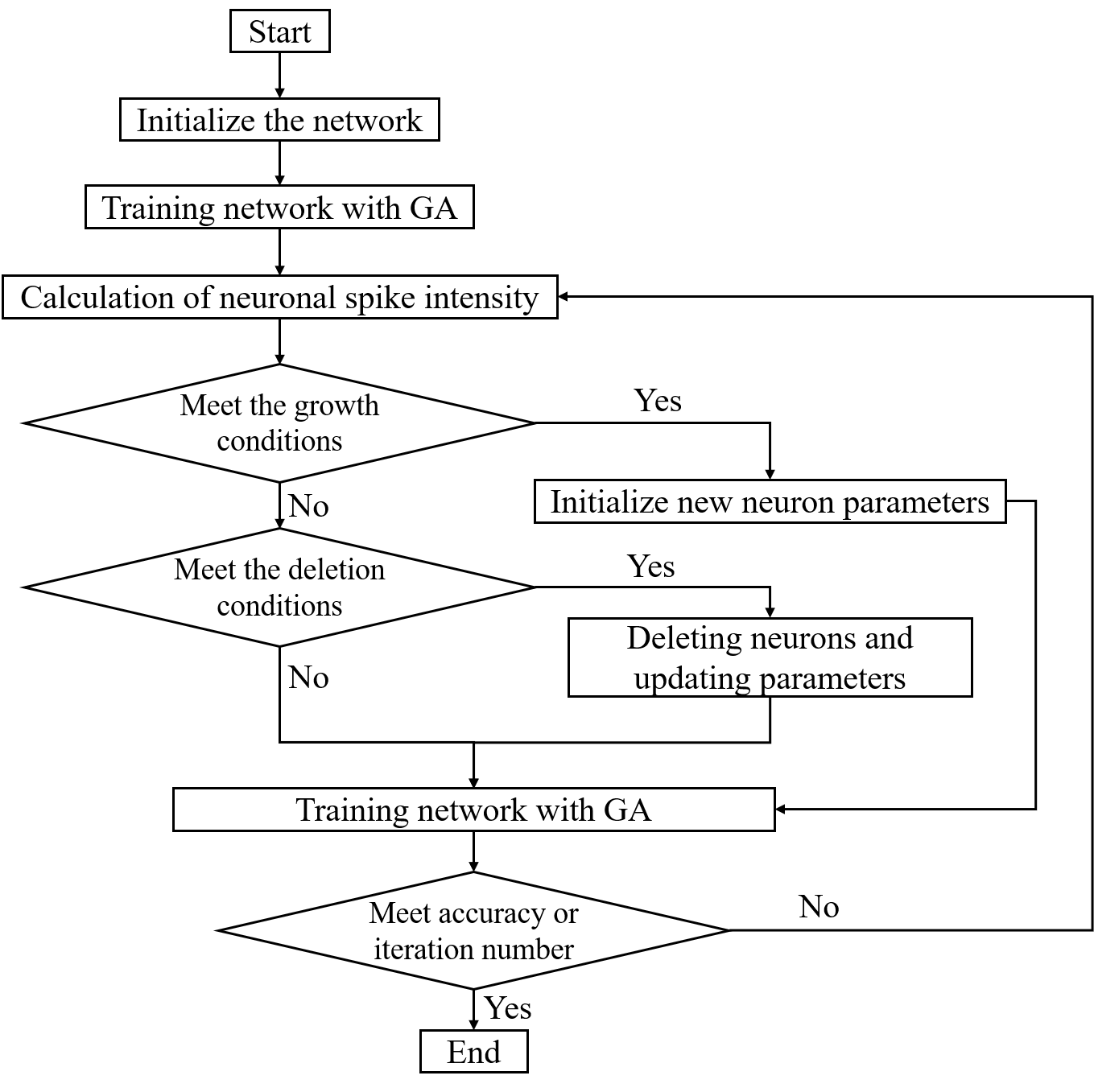 An open access journal
An open access journal
Blockchain Technology: Revolutionizing Finance and Beyond
Abstract
Blockchain technology has disrupted traditional financial systems and extended its applications to various industries, offering transparency, security, and decentralization. This paper explores the significance of blockchain, emphasizing its role in cryptocurrencies, smart contracts, and supply chain management. It delves into various aspects, including distributed ledgers, consensus mechanisms, and decentralized applications (DApps). The discussion includes the benefits of blockchain technology, such as financial inclusion, fraud prevention, and transparent supply chains. Moreover, the paper addresses the challenges and considerations in adopting blockchain solutions, including scalability and regulatory compliance. Through a review of blockchain projects and use cases, the study highlights the positive outcomes associated with the widespread adoption of blockchain technology.
Share and Cite
Article Metrics
References
- Antonopoulos, A. M. (2014). Mastering Bitcoin: Unlocking Digital Cryptocurrencies. O'Reilly Media.
- Mougayar, W. (2016). The Business Blockchain: Promise, Practice, and Application of the Next Internet Technology. John Wiley & Sons.
- Nakamoto, S. (2008). Bitcoin: A Peer-to-Peer Electronic Cash System. [White paper]. Retrieved from https://bitcoin.org/bitcoin.pdf
- Tapscott, D., & Tapscott, A. (2016). Blockchain revolution: how the technology behind bitcoin is changing money, business, and the world. Penguin.
- Zheng, Z., Xie, S., Dai, H. N., Chen, X., & Wang, H. (2017). An overview of blockchain technology: Architecture, consensus, and future trends. In 2017 IEEE International Congress on Big Data (pp. 557-564).






